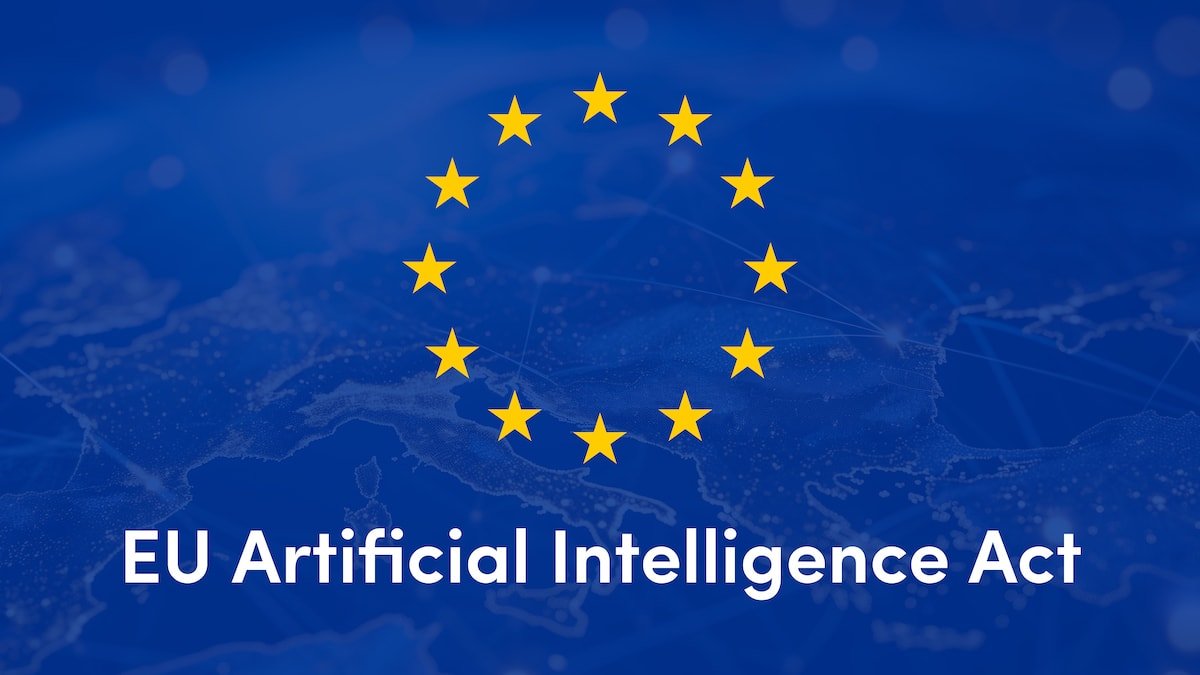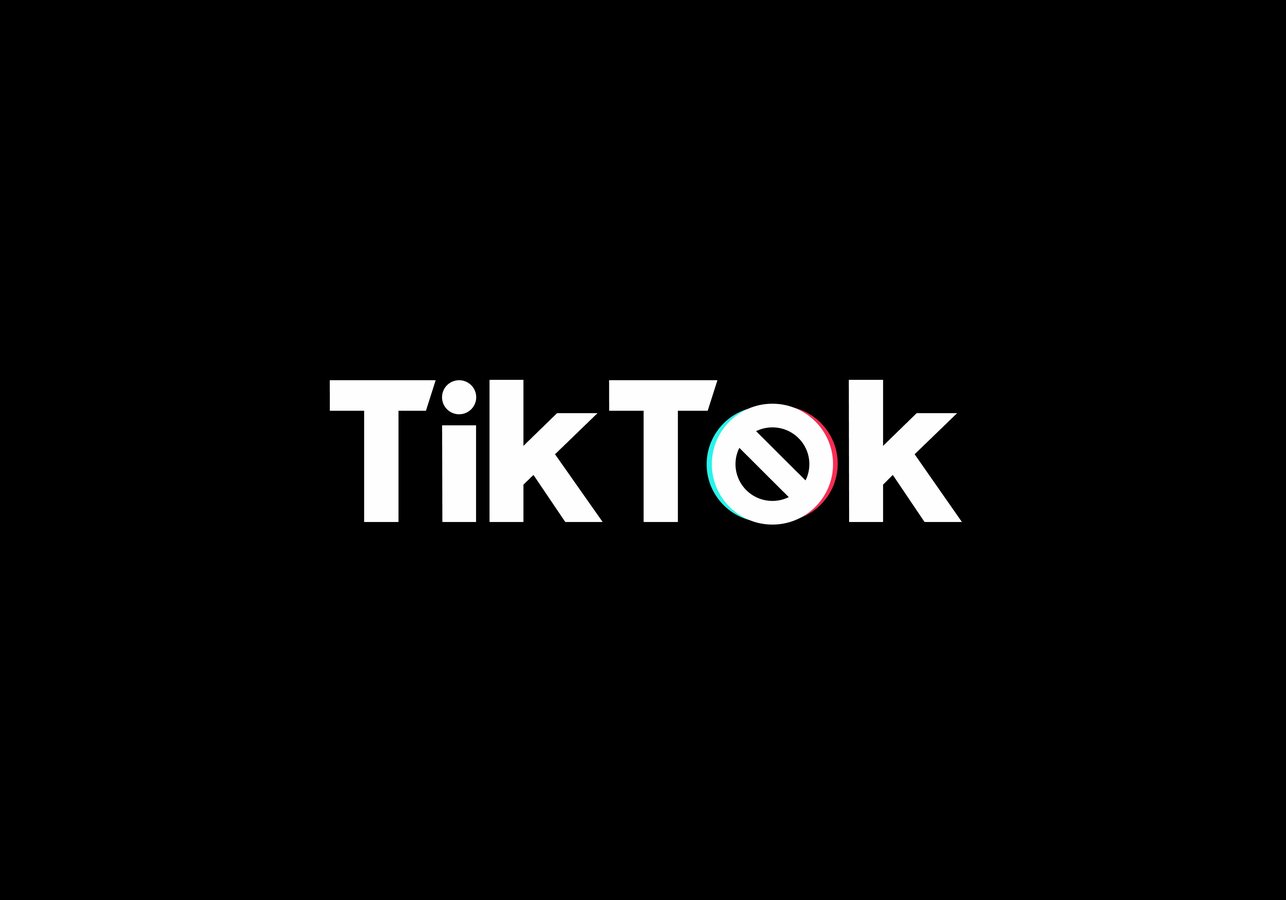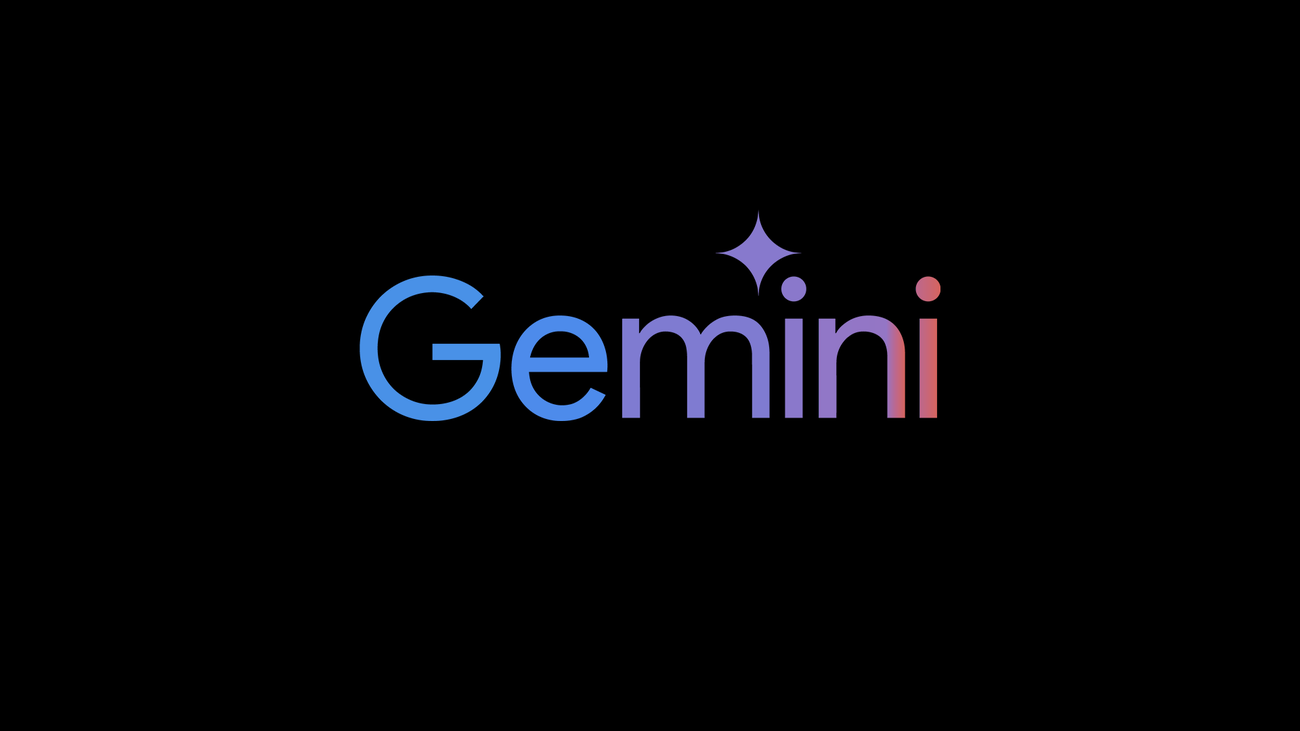AI-Powered Search Engines
Learn how AI is revolutionizing the way we search for information and create content.

As AI and machine learning continue to evolve, their application in search engine algorithms is becoming more prominent. With AI-powered search, we can anticipate more conversational, accurate, and personalized results. Today, AI is fundamental to any search engine being used from what search results you see to what related topics you are shown.
Understanding the capabilities of AI-powered search engines is essential for marketers looking to stay ahead of the competition. By leveraging AI in search, marketers can further optimize their content for higher search engine visibility, create more effective marketing campaigns, and drive higher traffic from their ideal targeted audiences.
What is the Future of AI-Driven Search?
When it comes to AI-driven search, Amazon stands as a trailblazer, leading the charge with its voice-controlled virtual assistant, Alexa. Launched in 2014, Alexa revolutionized the way we interact with technology, changing from text-based search queries to conversational voice commands. The ability to ask Alexa questions, perform tasks, control smart home devices, and shop online using voice commands has fundamentally changed the way we access information and utilize technology.
With Amazon's success, other major tech companies have been striving to catch up and compete in the AI-driven search arena. Google, Microsoft, Apple, and others have launched their voice assistants, trying to refine the underlying AI technology and offer more personalized and efficient experiences.
The race to innovate and deliver more sophisticated AI-driven search experiences is driving rapid advancements in natural language understanding, information retrieval, and context-aware computing. As the competition intensifies, users can look forward to even more refined and contextually relevant search results.
How is AI Used in Search?
AI is playing an increasingly important role in search. While AI is a hot topic now, the basics of AI and algorithms have been used online and in social media platforms for years. By helping search engines understand user intent, personalize search results, improve the quality of search results, and make search more engaging, AI is helping to make search a more powerful and useful tool for users.
Currently, AI is responsible for most of the search results you see, as well as the recommended topics that are produced when you're using a search engine. Using data patterns, search algorithms make predictions to come up with the words, content, or products you're looking for, or others you may be interested in. When it comes to marketing, SEO optimization and page rankings play a big part in how you plan content for your website.
While Google search rankings used to be done with a combination of a live team called “quality raters” and an AI algorithm, they're now relying more heavily on just the algorithms themselves. Whether quality control is based on your search queries or customizing the results based on the intent of the user, Google uses AI to try and provide more accurate results. Alongside that, AI algorithms can process more data and update web page rankings more efficiently when new content is made available.
What to Expect from Search AI
Artificial intelligence in search is becoming more knowledgeable and search engine companies are creating new and innovative ways to utilize the tools. Happening already, search engines are providing users with a more conversational experience, like with Google's new AI experiment, Bard, where the search or query feels more like a Q&A with a person rather than an open-ended Google Search.
Moving forward, searchers may spend more time on search engines and less time on websites due to the ability to get their answers from AI without having to click away to a landing page. Eventually, through this process, AI may end up citing sources and crediting brands for the content on their site even if it's being used in conversational search.
Even though the landscape of search engines will be changing, the same search engine optimization rules will still apply including creating high-quality and unique content. Remember E-E-A-T (Experience. Expertise. Authoritativeness. Trustworthiness.) when you're creating content and keywords for your website. The need to show expertise in your content will still be just as important as Google and other search engines continue to crack down on AI-generated content.
How to Prepare for the Future of AI in Search
As AI in search continues to develop, it's crucial to invest in quality content as it becomes more important for businesses that want to rank well in search results. There are several AI-powered tools available that can help you improve your SEO. These tools can help you with keyword research, content optimization, and link building. When creating content, make sure that you are not purely using AI-generated copy. While Chat GPT and other tools can be a reference point, they should not be the sole source of your content. The best thing you can do to remain relevant on search rankings is to avoid producing spammy content. If you've gotten penalized for spammy content, links, or unhelpful content in the last few years, you can always recover, but it's important to follow best practices and give it time - your website will bounce back.
When users ask questions in a conversational search, they expect to get clear and concise answers. Make sure that your website provides relevant and helpful information for the questions that your target audience is likely to ask.
AI Search Tools
AI-powered search engine tools have the potential to revolutionize the way we search for information and how our content shows in front of our target customers. These tools use artificial intelligence to understand the meaning of search queries and to provide more relevant and personalized results. Some of the most popular AI search tools include:
Bard
Google unveiled Bard earlier this year, an AI chatbot that can simulate human conversations using natural language processing and machine learning. Bard can understand the meaning of search queries and provide more relevant and personalized results. It is also able to generate different creative text formats, like poems, code, scripts, musical pieces, emails, letters, and more.
Bing Chat (or “the new Bing”)
Microsoft introduced Bing Chat, an “AI-powered co-pilot for the web”, that uses the advanced language model behind ChatGPT to allow users to ask questions and get answers in a conversational format. This makes it easier to find the information you need without having to type in complex search queries. Unlike ChatGPT, Bing Chat boasts internet access, giving it the ability to provide more accurate and up-to-date responses.
Search Generative Experience (SGE)
Google has launched Search Generative Experience (SGE) as an experimental version of Search that integrates artificial intelligence answers directly into the results. Unlike the standard Google Search, SGE uses AI to answer your questions right on the Google webpage. After entering a query, a green or blue box will expand with a novel answer generated by Google's large language model, like the one powering OpenAI's ChatGPT. This tool will allow users to search faster, understand a topic better, and uncover different insights and viewpoints more efficiently while allowing those providing the content to be thought leaders in a space.
Overall, the future of AI search is very promising. AI-powered search has the potential to revolutionize the way we search for information as well as how we create content. We can anticipate more conversational, accurate, personalized results as the future of artificial intelligence for search engines progresses. As marketers, it's important to continue to create authoritative, creative, and unique content so it remains relevant throughout the changing search landscape.





